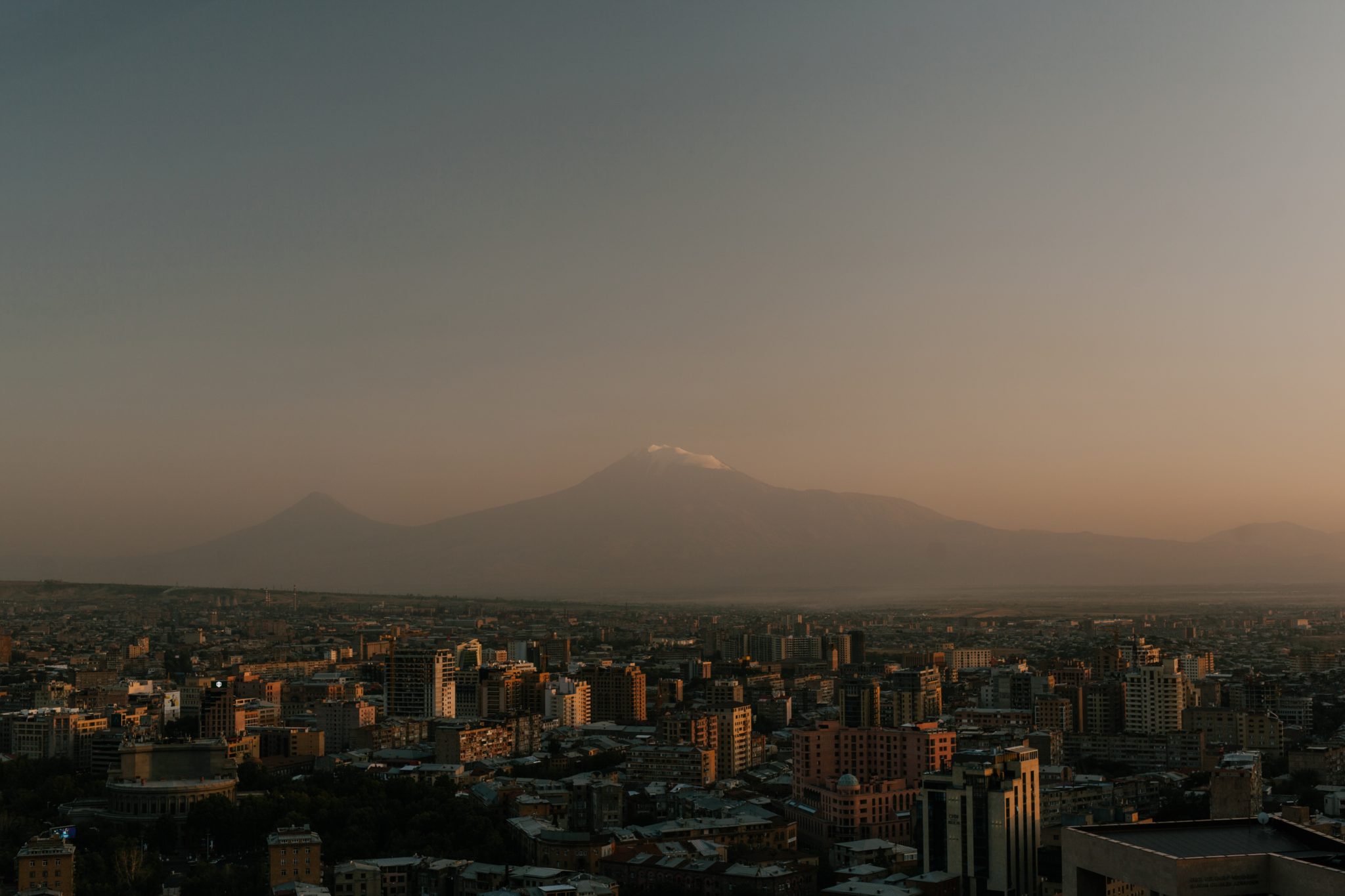
What Will Happen to the Rental Industry if the Pandemic Lasts 2 Years?

What happens if the pandemic goes on for the next six months? The next year? What if it goes on much longer than we were originally expecting, and lasts another two years? With the way experts have been talking about the potentially slow delivery of a vaccine, that’s a possibility that’s starting to seem increasingly likely.
So how could this affect landlords and the rental industry in general? There are a lot of factors to consider here, but we can take an educated guess at what this scenario might look like.
Overview of the Future Rental Landscape
Beyond the immediate challenges, the longer this pandemic lasts, the more we’re likely to see permanent changes in behaviors of both individuals and industries. The need to stay physically distant and disinfect all surfaces have changed the way we inhabit and interact with people and spaces. The same goes for the rental industry, there is a drastic decrease in the demand for many types of spaces – including those in your rental portfolio.
For example – will people ever go back to their physical offices? And with schools around the world still closed, how will student rentals fare? What happens when the majority of our population choose to continue their new normal of living, studying, and working remotely?
Big companies like Facebook and Twitter are already expecting WFH set-ups to become normal even post-pandemic. Office spaces could be in less high-demand (although this trend isn’t showing yet), and co-working spaces like WeWork might thrive. Places where lots of people usually gather together, like healthcare facilities, shopping malls, and student housings, might also need to be re-imagined in the future.
What does this mean for Landlords?
People have already started fleeing to the suburbs, and we can probably expect to see this trend continue in the coming years, especially if the pandemic drags on longer than we thought.
Renters may not just want a change of scenery – they could also be looking for a new internal configuration, too. 44% of people are not satisfied with their homes anymore, since the pandemic – so landlords should be aware that properties with work/study-from-home flexibility will be a big selling point for future tenants.
Being close to amenities might not be as big of a draw as it used to be. With more and more shoppers buying goods through e-commerce and ordering food via online delivery, tenants might not prioritize being near to stores and restaurants. On the other hand, people eager to return to the old normal are still hankering to get out and live life the way they used to, so demand for properties close to trendy downtown areas could very well remain strong
Our best guess would be that younger, single professionals will probably dominate the urban rental market in the future. Meanwhile, more families will likely migrate to the less-densely populated areas in the suburbs, especially as commuting to work becomes increasingly obsolete.
Economic Overview
NAR’s Chief Economist and Senior Vice President of Research, Lawrence Yun, has said that we cannot ignore how coronavirus shut down nearly ⅓ of our economy. Unemployment shot up five times higher than previous recessionary times, and a full recovery may take a while.
However, signs of recovery are already showing. The pandemic started in the latter part of Q1 2020, with Q2 dropping even worse. In Q2, we felt the full effect of the recession. By Q3, there were indications of the economy bouncing back, however, still not enough to make up for the drastic drop. especially in the rental industry.
Experts say the economy won’t completely return to pre-pandemic times until 2022, and a recent forecast expected GDP growth to contract by 3.7% during the second half of 2020, but then potentially return to a 4.0% growth rate by next year.
In other words, based on the key economic indicators – GDP, unemployment, inflation, interest rates, oil and gas prices, and the impact of climate change – experts are expecting our economy to improve in the second half of 2020. It will be a sharp recovery, coming from a sharp decline, but this U-shaped recession market might be on the horizon.
What does this mean for Landlords?
The real estate market was stable and growing before the pandemic. House prices, which were rising for the past few years, are predicted to stay resilient. However, this assumes that our economy will adapt to new business tactics flexibly, and possibly permanently.
The housing market is reliant on the strength of the jobs market. If the pandemic continues to disrupt economic activity in the coming years, the rental market could suffer – not only from tenants being unable to pay rents, but from decreased demand and lowered rents, also.
Doomsday? Maybe not.
Coronavirus is a humanitarian challenge that will have lasting effects on everybody and everything–but it’s not the end of the world. All it takes is a strong gut to pivot and make necessary changes for the rental industry to roll with the punches.
Landlords should monitor rental and sales data in the areas they own properties, and talk with local realtors to sense the pulse of local buyers and renters. It might be the right time to invest in properties further afield from downtown areas, or look into units with layouts that are ideal for the new normal.
How do you think the rental market would fare if the pandemic lasted another 2 years? Let us know what your biggest concerns would be as a landlord.
Image courtesy of Julia Volk